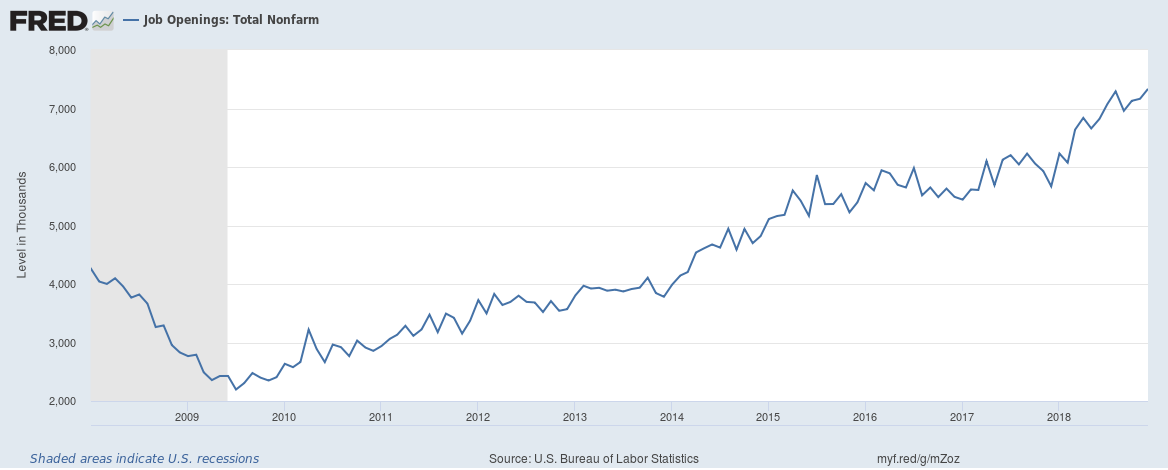There's nothing I care more about that NBA basketball, (I promise this isn't another basketball post, but I may have to dig out a basketball analogy to make the point), with the possible exception of learning new things.
Which is why, I think, I run the 'Learn a new word' series on the blog. I am also falling into the trap of thinking 'if this is interesting to me, then it should be interesting to people who read this blog'. After 10 years of this, I am not really sure if that is even true. But I persist.
So here's today's 'Learn a new word' entry - The General Theory of Second Best.
What in the heck is that?
A decent description can be found in the Economist: (emphasis mine)
The theory of the second-best was first laid out in a 1956 paper titled, sensibly enough, "The General Theory of the Second Best", [paid access] by Richard Lipsey and Kelvin Lancaster. Roughly put, Lipsey and Lancaster pointed out that when it comes to the theoretical conditions for an optimal allocation of resources, the absence of any of the jointly necessary conditions does not imply that the next-best allocation is secured by the presence of all the other conditions. Rather, the second-best scenario may require that other of the necessary conditions for optimality also be absent—maybe even all of them. The second-best may look starkly different than the first best.
Let's think on that for a moment and take it back (sorry) to the basketball analogy I hinted at in the open.
The optimal allocation of resources for say a basketball team has traditionally consisted of five different kinds of players, with different body types, playing styles, and characteristics that when assembled, would provide the team with the right balance of scoring, passing, rebounding, and defensive play that would result in winning.
But let's say that the team can't acquire or develop one of the positions, let's say the point guard - the player who usually is charged with handling the ball, setting up his/her teammates for easy scores, and functioning as the on-court leader of the team. If this example team can't find a good enough point guard, the Theory of Second Best suggests that 'answer' to the problem isn't making sure the other four positions/roles are filled as designed and slotting in any old player as the point guard.
The theory suggests that the 'optimal' solution, when one resource (the point guard), is missing, may be to take a completely different approach to building the team. Maybe the team looks for more 'point guard' like skills in the other positions, or maybe the team implements a different style of offense entirely to mitigate the problem.
The real point is that once conditions appear that make the 'first best' strategy impossible to execute, that you may need to think really, really differently about what will constitute the 'second best' strategy.
The second best may look starkly different than the first best.
I really dig that and hope you think about it too, once your plans in business or in life run into some challenges.


 Steve
Steve
